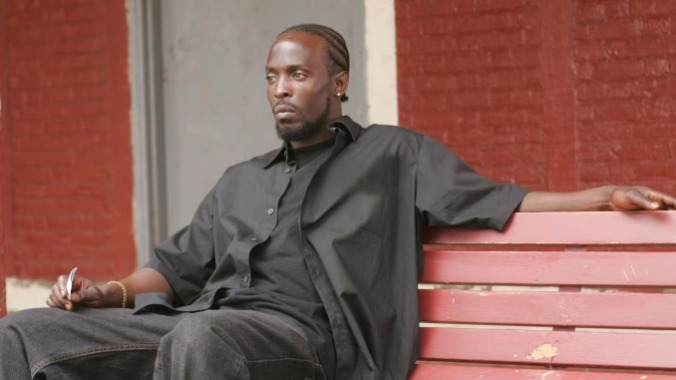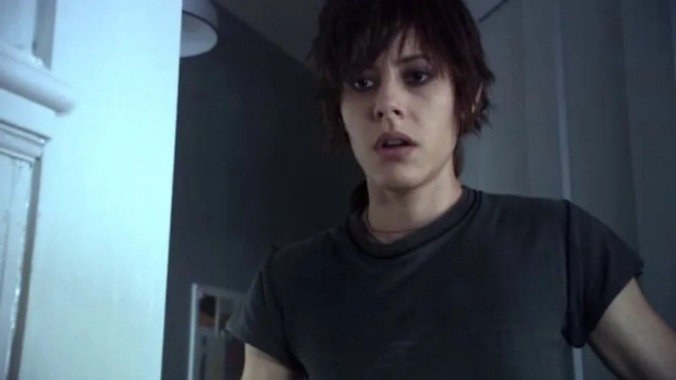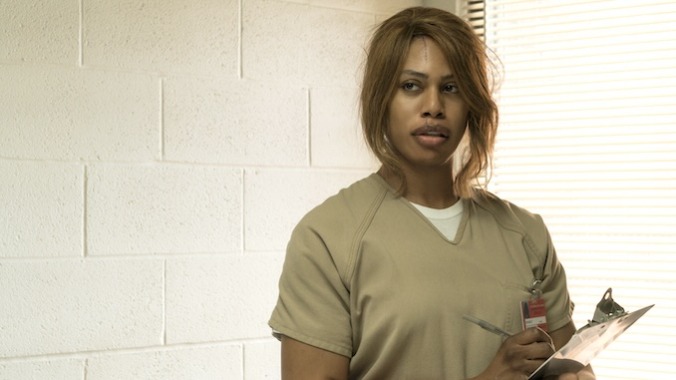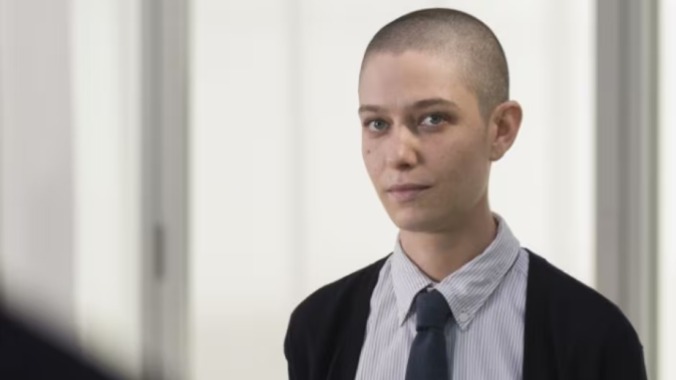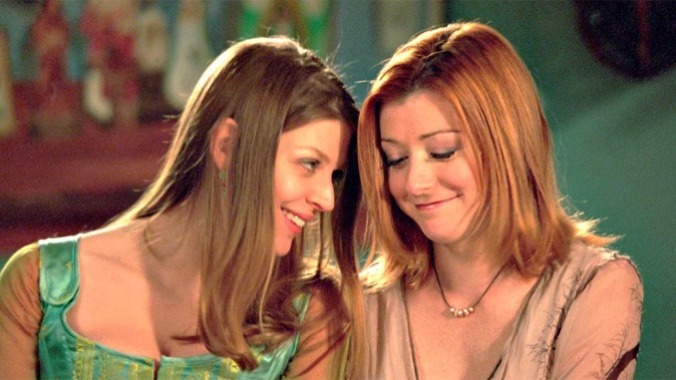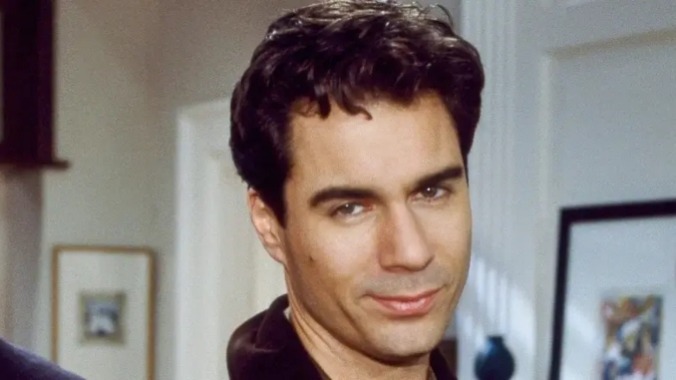10 LGBTQ+ Characters Who Changed TV for the Better
Photos Courtesy of Cartoon Network, Showtime, FX, HBO, and 20th Television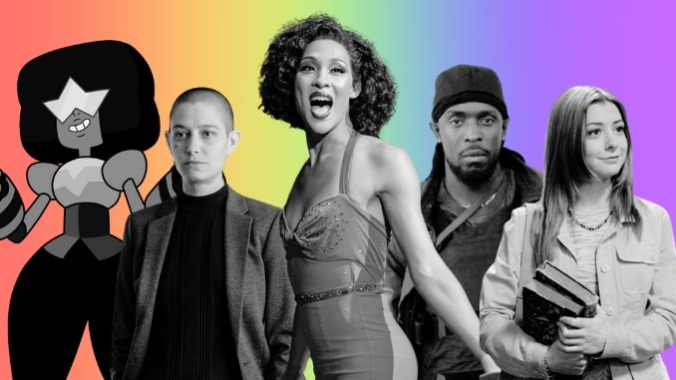
LGBTQ+ people make the world a better place in more ways than anyone will ever know. We push and defy and innovate to inspire change, and in recent decades, much of this change has come through media, and TV, especially.
Baby queers isolated in their homes draw strength from the LGBTQ+ characters beamed onto their screens while the straight majority, who might have never knowingly met queer people before, come to discover that we’re just human, too (albeit fabulous and better in every way).
To celebrate Pride Month, I’m shining a spotlight on ten queer characters who changed TV—and therefore our world—for the better. If your favorites didn’t make the cut, it doesn’t mean they’re not important too. It just means we’ve finally reached a point where there are actually too many groundbreaking LGBTQ+ characters on TV to choose from, which can only be a good thing.
So, with that in mind, here, in no particular order, are 10 LGBTQ+ characters who changed TV for the better, pushing, defying, and innovating to inspire change on screen and beyond.

Blanca Rodriguez-Evangelista
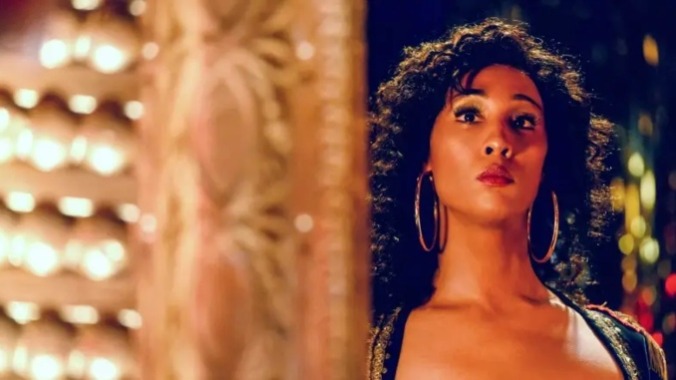
Portrayed by: Michaela Jaé Rodriguez
Show: Pose
Pose is one of those rare shows that truly gave us 10s across the board, which means that it’s also one of those rare shows where pretty much anyone from the lead cast could have been given a spot here. But, if forced to choose only one character from Pose, my heart will always go to Blanca. Played with warm tenacity by Michaela Jaé Rodriguez, Blanca dreams big for her children, fighting for them to be seen and heard and loved and accepted in a world that wasn’t built for them. No one knows cruelty like Blanca does, which makes her kindness in the face of adversity that much more inspiring. She’s the embodiment of rising above, of finding strength and dignity through love for yourself and the community around you. Because of all that, Blanca isn’t just the heart of the House of Evangelista. She’s the heart of Pose itself.
Enrique ‘Rickie’ Vasquez
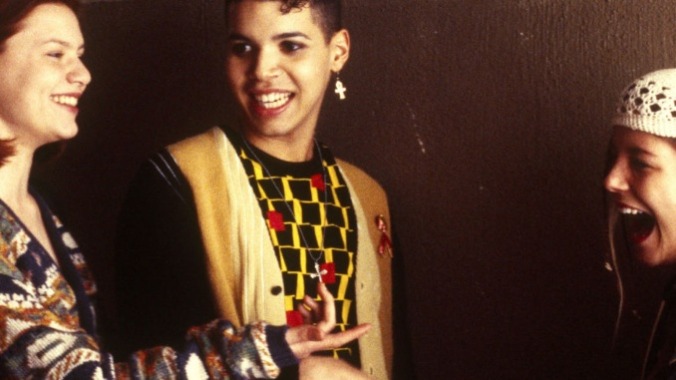
Portrayed by: Wilson Cruz
Show: My So-Called Life
The short-lived series My So-Called Life is a benchmark teen show for more reasons than I have space to list here—and not just because it inadvertently gave us Morbius by launching Jared Leto’s career. But key to the show’s impact was the inclusion of Rickie Vasquez, a fiercely queer teenage character who made history as the first openly gay teen on network TV. For many people watching back in the ‘90s, Rickie was their first exposure to homosexuality on screen—or in life in general—and gay actor Wilson Cruz made sure that this introduction was as fabulous and authentic as it could possibly be. Whether you’ve actually watched the show or not, the impact this had on culture at large means our so-called lives are now so much better for having Rickie in them.
Garnet
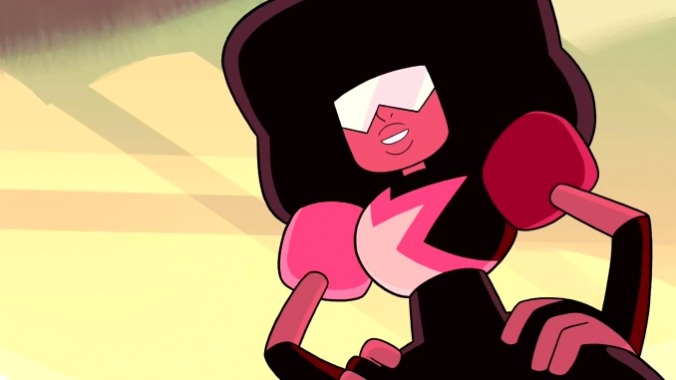
Portrayed by: Estelle
Show: Steven Universe
Kids are gay. It’s a truth that bigots with child-sized intellects will never understand, just like they’ll never understand how denying queer children the chance to see themselves reflected on screen is nigh on abusive. Because if we can’t see ourselves in the world around us, how are we supposed to see a future for ourselves? Thankfully, an entire generation of queer kids can see that future now thanks to Rebecca Sugar, whose show Steven Universe paved the way for so much more queer storytelling in children’s animation. But it all started with Garnet, Estelle’s effortlessly cool clairvoyant gemstone who was revealed to actually be a fusion of two female characters that had bonded physically and emotionally together into one entity through love. There was no denying the queer connection Ruby and Sapphire made (especially when their nuptials became the first same-sex wedding in animated history), just like there’s no denying that kids are gay and that Garnet helped make the world a better place for them.
Jack McPhee
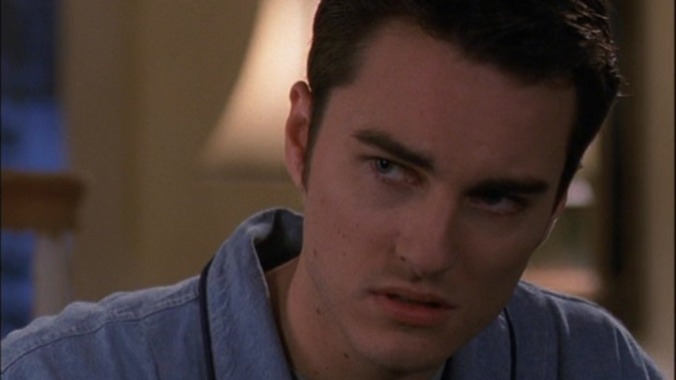
Portrayed by: Kerr Smith
Show: Dawson’s Creek
In the Season 3 finale of Dawson’s Creek, Jack McPhee professed his love to Ethan Brody in what’s since been dubbed the first “passionate” kiss between two men on US primetime TV. No one loves to see a passionate kiss between two men on screen more than I do. (In fact, three or four men kissing is also extremely welcome.) But what’s special about Jack isn’t just this milestone moment. It’s everything that came before and after, including his struggle to come out and the internalized homophobia he reckoned with in all the seasons that followed. At a time when America was afraid of queerness, it’s admirable that Dawson’s Creek went one step further and explored how gay people themselves can be afraid of their own queerness, something I remember all too well as a teenager in the ‘90s and noughties. While the ways Dawson’s Creek approached all this might feel a tad dated now, Jack’s impact does not.
-

-

-

-

-

-

-

-

-

-

-

-

-

-

-

-

-

-

-

-

-

-

-

-

-

-

-

-

-

-

-

-

-

-

-

-

-

-

-

-

